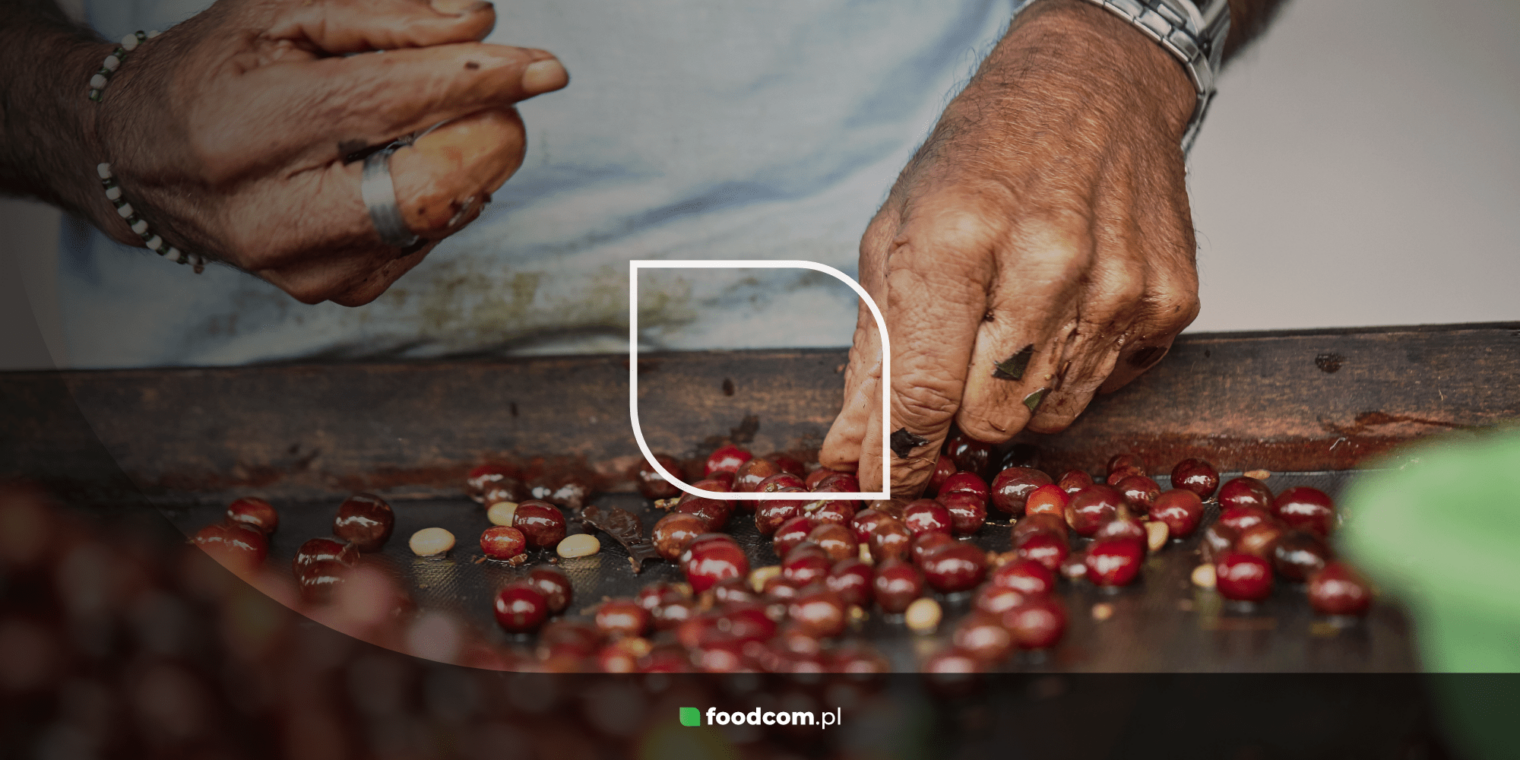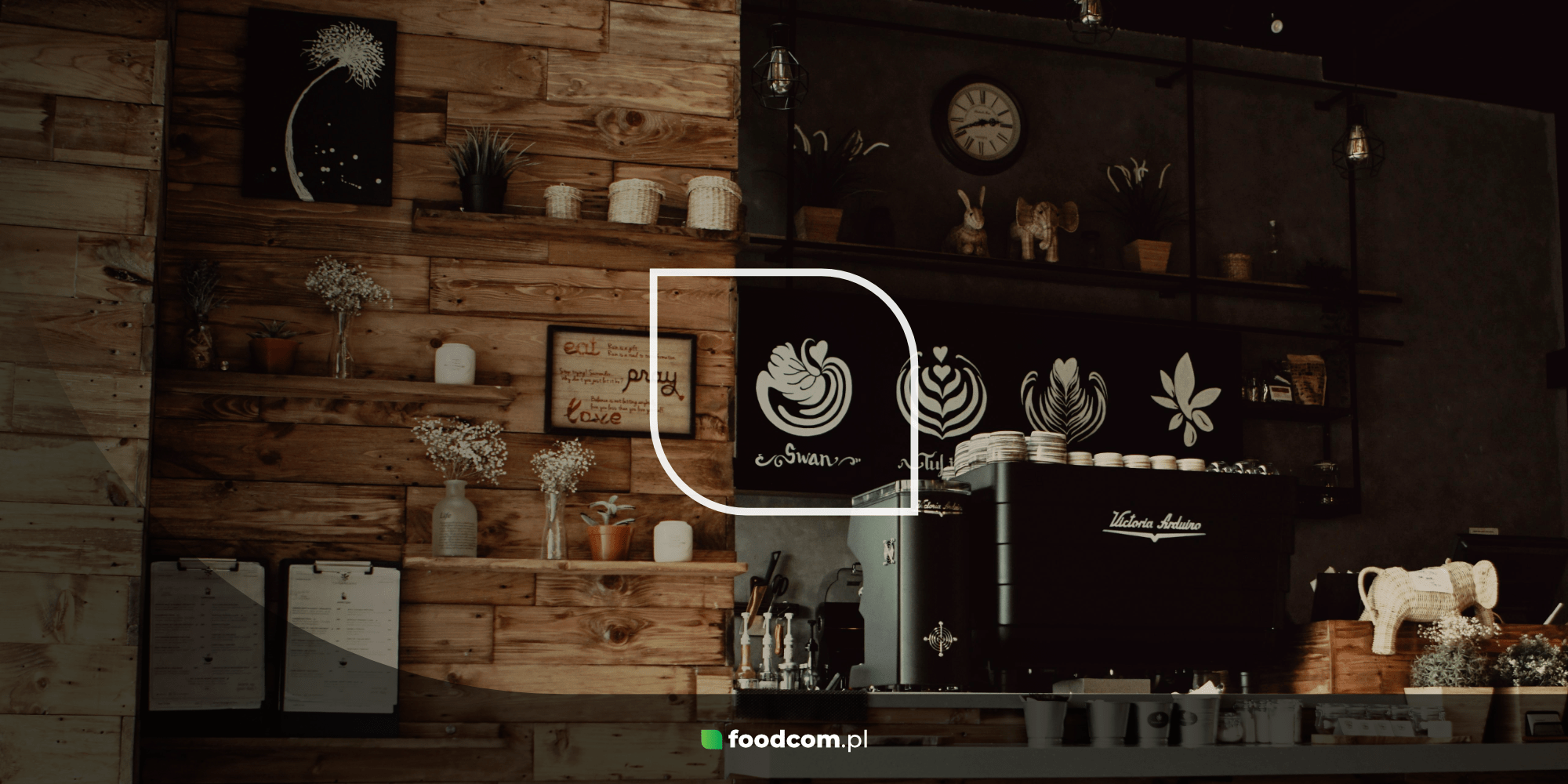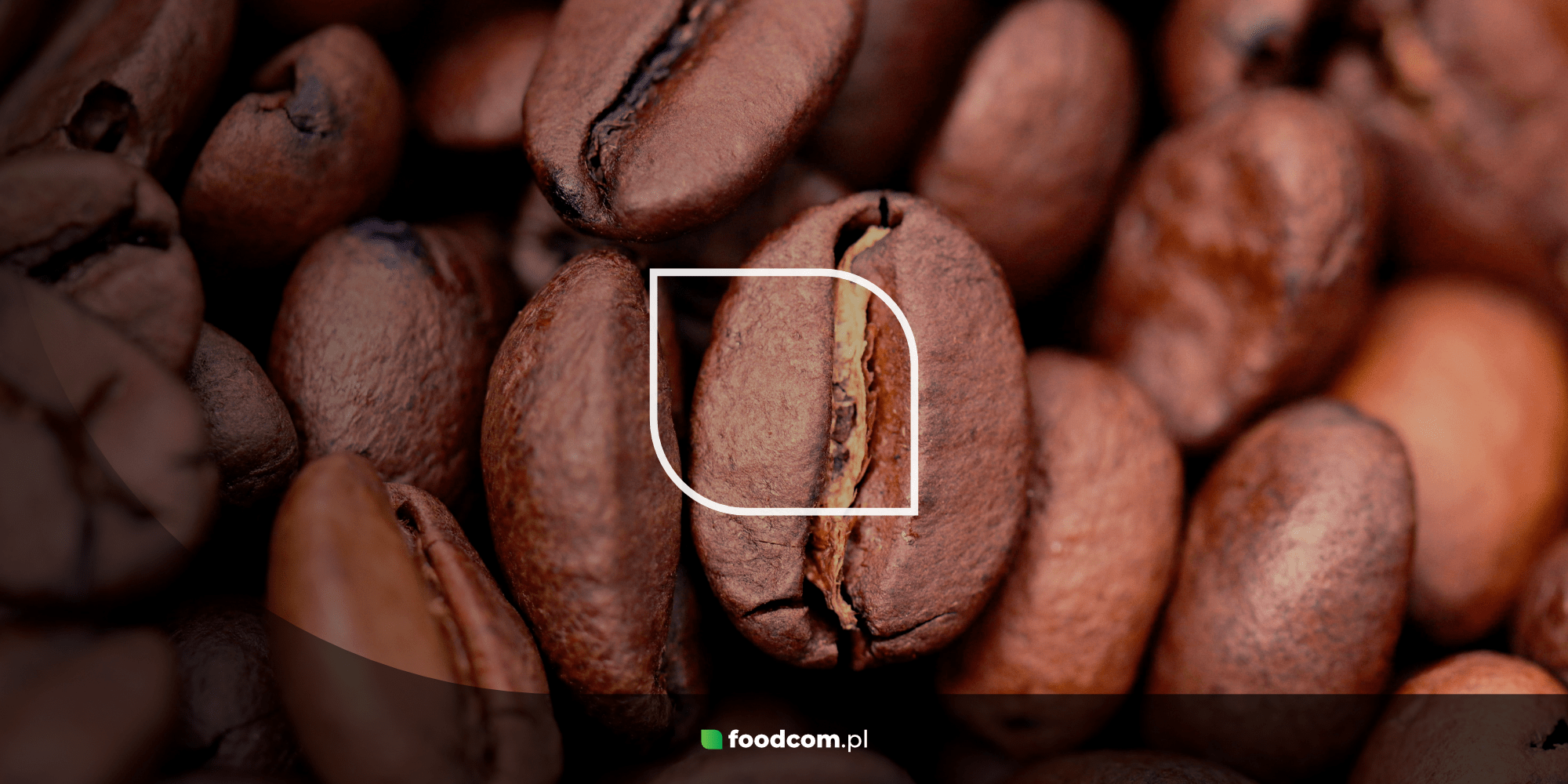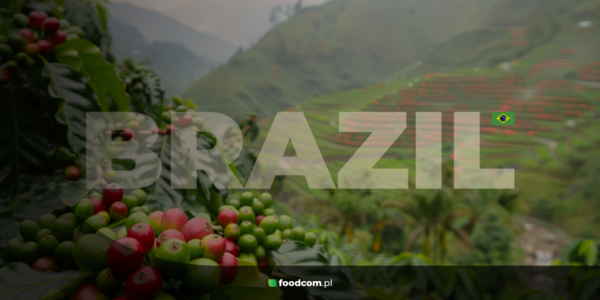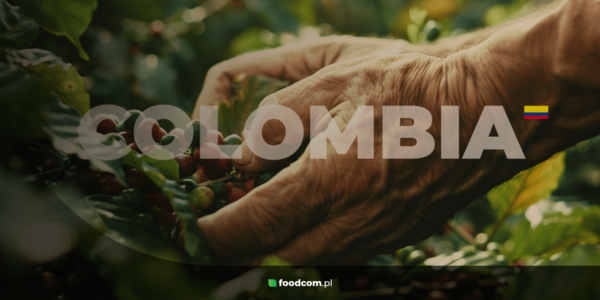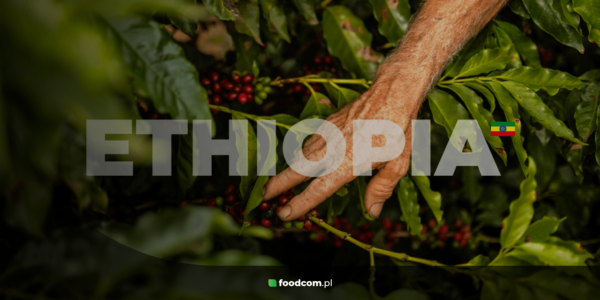- Arabica coffee is the most common variety of coffee in the world, and is also considered the most qualitative.
- Most arabica is produced in Brazil, as well as other countries in Latin America, Africa or Asia.
- Depending on the variety, place of cultivation and processing methods, arabica can take on different flavors.
- It is a delicate coffee, with a complex flavor profile and often mild acidity.
Arabica coffee is one of the most popular coffee varieties in the world. Its delicate flavour, aroma and wide range of varieties make it appreciated by most coffee lovers – connoisseurs and amateurs alike. What is arabica, what types are there and why is this variety so special? In this article, we will answer these questions, as well as provide an overview of the production process of Brazilian coffee and other aspects related to the cultivation of this prized species.
What is arabica?
Arabica is a coffee species that accounts for around 60% of world production. The plant from which it is produced is also known as Coffea arabica, coffee tree or coffee bush. It is mainly grown in mountainous regions, mostly in Brazil, but also in Colombia, Indonesia, Ethiopia and other countries. Arabica, however, originated in Ethiopia – its cultivation spread to other regions of the world thanks to traders. The cultivation of arabica coffee requires specific climatic conditions, especially high altitudes, as well as exceptional care due to its high susceptibility to disease.
Arabica is distinguished by its delicate flavour, low caffeine content and complex aromatic profile. Compared to other types such as robusta, arabica has a milder flavour, often enriched with fruity, chocolate or nutty notes.
Properties and flavour of arabica coffee
Arabica coffee is distinguished by its unique flavour characteristics. Its beans tend to have a relatively low caffeine content, making it gentler on the stomach and less stimulating than robusta – arabica typically contains 1-1.5% caffeine, while robusta contains 2-2.7%.
In terms of taste, arabica is characterised by its delicacy and complexity. Its aroma features fruity and floral notes, as well as hints of chocolate, nuts or caramel – depending on where it is grown and how the variety is processed. For example, Brazil Santos Arabica NY 2 17/18 Fine Cup Natural Washed has notes of chocolate and nuts, while Peru Arabica HB MCM Grade 1 Washed delights with floral and fruity aromas.
A common question is – is arabica acidic? The subtle acidity of arabica is one of its defining characteristics, but it does not dominate the flavour with an unpleasant astringency, but adds a pleasant fruity freshness and elegance. The taste of arabica is also highly dependent on the altitude at which it is grown. Coffee grown at higher altitudes is characterised by a more complex aroma and higher acidity.
How is arabica coffee produced?
The production of arabica coffee begins with the careful cultivation of the coffee plants. The cultivation of arabica coffee requires specific climatic conditions: fertile soil, moderate temperatures, high altitude, plenty of sunshine and adequate humidity. These conditions prevail in the so-called coffee belt. This includes Latin American countries such as Brazil and Colombia, African countries such as Ethiopia and Kenya, and Asian countries such as India. Most of the world’s arabica is produced in Brazil.
How is Brazilian coffee produced? After harvesting, the coffee fruit undergoes processing. There are two basic types of coffee processing – the natural (dry) process, which is predominant in Brazil, and the wet (washed) process. In dry processing, the fruit is dried in the sun along with the pulp, which gives the coffee a rich, sweeter flavour. Such coffee is delicate in flavour and less acidic. An example is the Brazil Santos Arabica NY 2 14/16 Good Cup Natural Washed coffee. In wet processing, the beans are separated from the pulp and fermented, resulting in a more pure-tasting coffee. This is how, for example, Honduras Arabica SHG Washed EP or Uganda Arabica Bugisu AA Washed are produced.
The variety of methods used on the plantations, both traditional and modern harvesting and processing techniques, results in high quality and a variety of flavours in arabica bean coffee from Brazil.
Types of arabica coffee
Depending on the specific variety, place of cultivation and processing methods, arabica coffee can take on a variety of flavour profiles. We can distinguish between such types of arabica coffee as:
- brazilian arabica – mild, with notes of nuts and chocolate;
- african arabica – such as Uganda Arabica Bugisu AA Washed, characterised by a pronounced flavour with fruity accents;
- organic coffees – certified coffees from organic plantations, with flavours both delicate with a rich aroma, such as Peru Arabica Organic Washed, and full, balanced flavours, such as Honduras Arabica SHG Organic Washed.
Both arabica beans and powdered, ground coffee are available. The choice between the two depends on individual preference. Bean coffee guarantees a fresh grind just before consumption and better control of its flavour, while powdered coffee is more convenient to use, but loses some of its flavours in the production process.
Which arabica coffee to choose?
Choosing the right coffee depends on personal taste preferences, the method of preparation and the desired aroma. For those looking for the perfect espresso coffee, nutty and chocolatey coffees such as Brazilian coffees would be a good choice. Coffees from Peru, which are characterised by a light acidity and floral aroma, will be perfect for alternative methods such as chemex or aeropress. On the other hand, if you are looking for intense, distinctive fruity and citrus flavours, go for coffees from Africa, such as those from Uganda.
In each case, it is also important to match the degree of roast and grind to the preferred brewing method and the desired taste of the beverage. For example, light-roasted arabica works best with alternative brewing methods such as drip or aeropress.
In Poland, the highest quality arabica coffee from various regions of the world is supplied by Foodcom S.A. Depending on your own preferences, you can choose coffee with notes of acidity, with a fruity or nutty profile, delicate in flavour or with an intense aroma. It is also worth paying attention to whether the coffee is certified for sustainable cultivation, such as Fair Trade or Rainforest Alliance.
Arabica is synonymous with excellence in the world of coffee and an excellent choice for those who appreciate the highest quality and freshness, as well as the diversity of available varieties that allows the choice of coffee to be tailored to individual preferences. Its rich flavour, diversity and delicate acidity make it a coffee valued worldwide, especially among specialty coffee lovers. Whichever arabica coffee you choose, you can be sure that it will provide you with moments full of aromatic pleasure.


